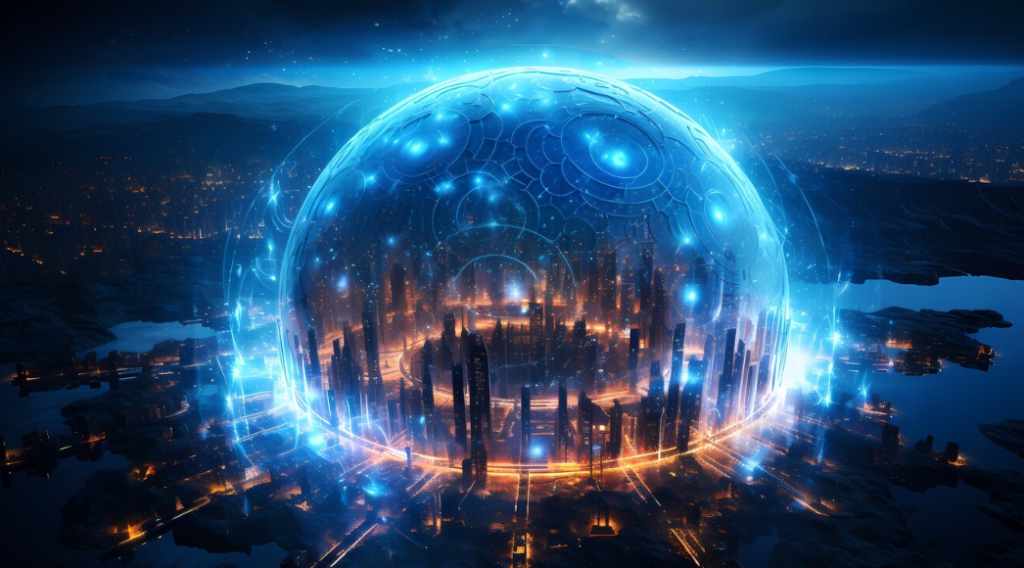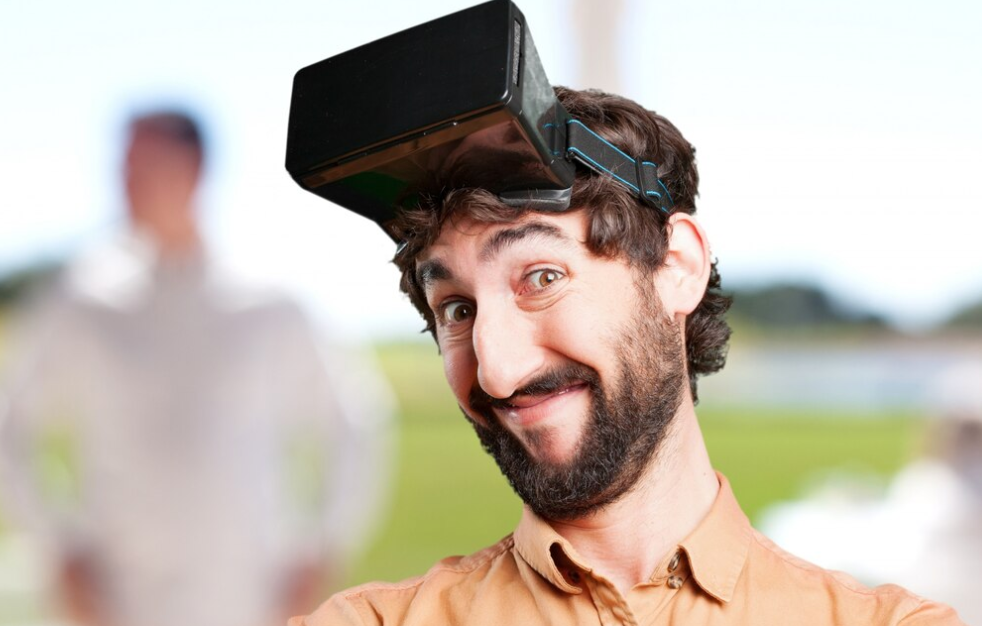What if your consciousness could live on after death — not in myth or memory, but as a digital replica of your mind? As artificial intelligence and neuroscience converge, the once sci-fi notion of mind cloning is inching closer to reality. But is this true immortality or just an elaborate echo?
What Is Mind Cloning?
Mind cloning, also known as whole brain emulation or digital immortality, is the concept of creating a computational replica of a person’s mind. This digital “clone” would mimic your thoughts, memories, personality, and decision-making patterns — ideally, well enough to convince others that “you” still exist in digital form.
It’s not about copying files. It’s about replicating consciousness.
How Would It Work?
Though still speculative, the path toward mind cloning may involve several breakthroughs:
Brain Mapping
High-resolution scans of the brain — down to the synaptic and neural connection levels — would be needed to capture the “wiring diagram” of a person’s mind.
Data Extraction
Techniques would need to extract memories, personality traits, speech patterns, and emotional responses to build a behavioral model.
AI Emulation
An AI system would then use this data to create a functionally identical digital personality, capable of conversation, creativity, and simulated consciousness.
This clone could be hosted in various forms: a chatbot, an avatar in virtual reality, or even embodied in a humanoid robot.
The Promise of Digital Immortality
The idea of mind cloning raises fascinating possibilities:
- Legacy preservation: Imagine your grandchildren speaking with a version of you centuries after your death.
- Grief therapy: Bereaved families might interact with lost loved ones through AI simulations.
- Intellectual continuity: Scientists, artists, and thinkers could preserve their cognitive processes for future generations.
- Existential experiments: Digital selves might explore simulations, test theories, or “live” in virtual environments indefinitely.
In a way, this is humanity’s attempt to upload the soul.
But Is It You?
A core philosophical question haunts the idea of mind cloning: Is a replica of your mind still you?
If a digital entity can talk like you, think like you, and remember your past — but you are no longer alive — does that mean you continue to exist? Or is the clone just a convincing shadow?
Some thinkers argue that identity is continuous experience, not duplicable structure. Others suggest that consciousness might emerge again under the right digital conditions. Still, the jury is far from out.
Ethical and Societal Implications
Mind cloning isn’t just a technical challenge — it’s a moral minefield:
- Consent: Who decides if someone’s mind can be cloned — especially posthumously?
- Control: Who owns the clone? The family? The state? A tech company?
- Rights: Should digital minds have rights? Can they be deleted?
- Abuse: Clones could be misused for propaganda, fraud, or emotional manipulation.
And what happens if a clone evolves beyond the original person? Is it still “them”? Or something new?
The State of the Tech Today
We’re not there yet — not even close. Current AI can mimic tone and style, and some chatbots can simulate personalities using large datasets, but true mind emulation remains a distant goal.
However, companies are experimenting with digital afterlife services, where AI recreates a person’s communication style based on social media, emails, and recordings. It’s not cloning — but it’s a start.
Final Thoughts
Mind cloning forces us to reconsider life, death, memory, and identity. While digital consciousness may one day be possible, it raises a profound question: Is survival without a body truly living?
Perhaps the most important challenge isn’t technological at all. It’s deciding what kind of immortality we’re really looking for — and whether we’re ready to meet ourselves on the other side.


